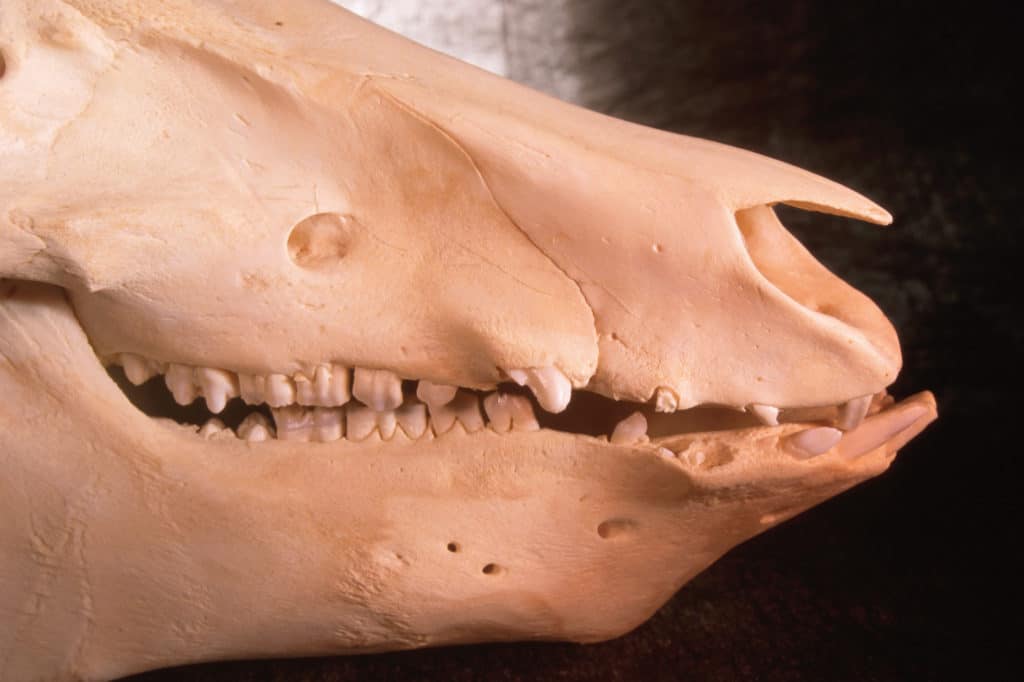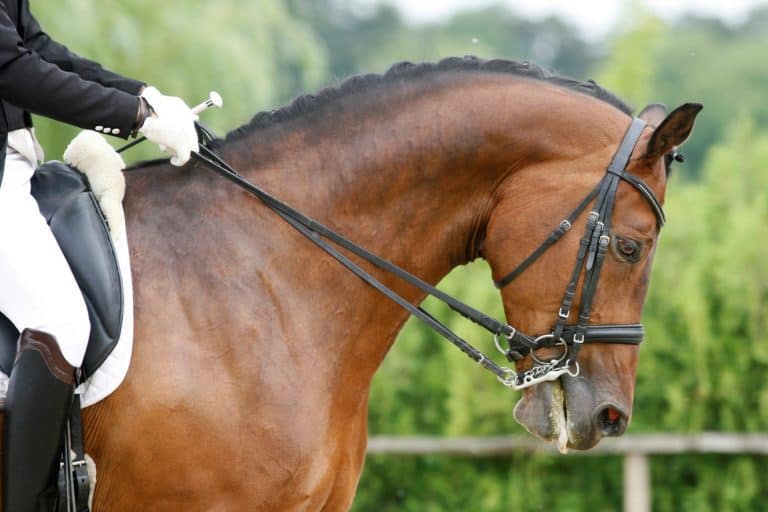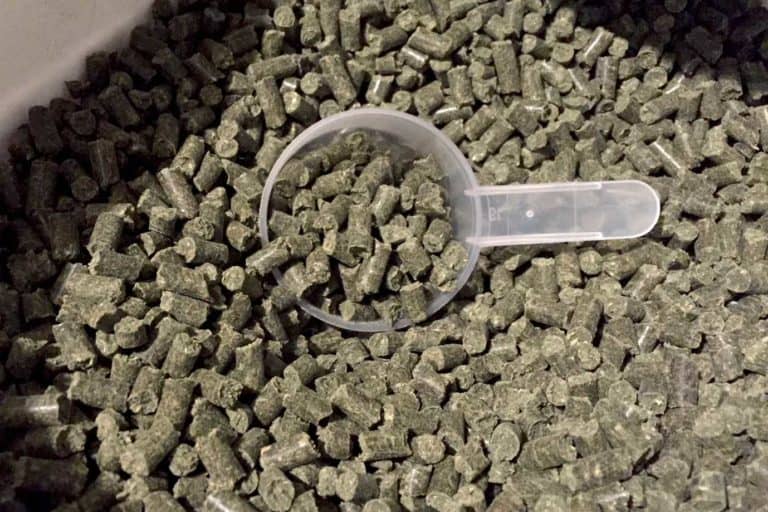Long Toes in Horses: A Pain in the Butt?
Your equine athlete’s performance hasn’t been blue ribbon-worthy as of late. Or maybe your broodmare’s gaits are looking a little off kilter. Could long toes on the hind feet be to blame? According to the results of a recent study, the answer in some




















